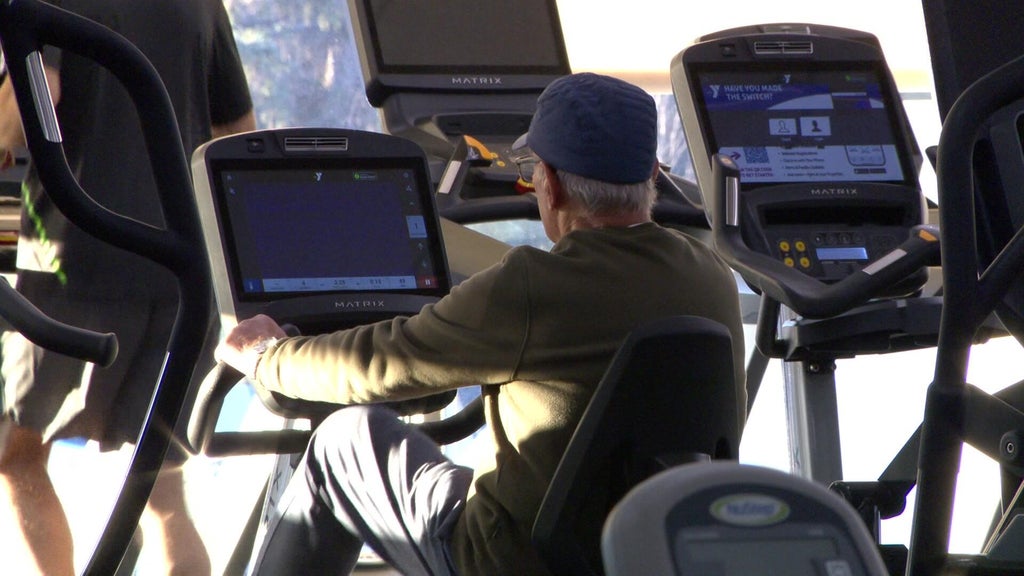Research is increasingly highlighting the therapeutic potential of music in healthcare settings. Hospitals and clinics across the globe are now incorporating musicians and singers into their pain management strategies. This innovative approach aims to help patients cope with pain resulting from surgery or illness.
A growing body of evidence supports the idea that music can play a significant role in pain relief. According to a study published in 2023 by the American Music Therapy Association, listening to music can lower pain perception and improve patients’ overall well-being. This research has encouraged healthcare providers to explore music as a complementary treatment option.
Many hospitals in the United States and Canada are now integrating music therapy into their pain management programs. This includes live performances by local musicians as well as curated playlists designed to suit individual patient needs. The goal is to create a calming environment that can help reduce anxiety and enhance recovery.
Hospitals have reported positive outcomes from implementing music therapy. Patients undergoing surgeries have experienced less pain and required fewer opioid medications when music is part of their recovery process. For instance, a recent initiative at a hospital in Toronto involved providing live music sessions for patients in recovery rooms, resulting in a notable decrease in reported pain levels.
The growing acceptance of music therapy is not only about enhancing the patient experience but also about addressing the ongoing opioid crisis. With the increasing concern over opioid dependency, healthcare systems are seeking alternative methods to manage pain effectively. By turning to music, they offer a holistic approach that prioritizes patient comfort and safety.
The role of musicians in this context is evolving. Many are now collaborating with healthcare professionals to tailor their performances according to the specific needs of patients. This collaboration can involve selecting genres known for their calming effects or even composing original pieces designed to soothe.
Importantly, music therapy is not a one-size-fits-all solution. Each patient has unique preferences and responses to music. Healthcare providers are working to personalize music therapy experiences by considering individual patient backgrounds, cultures, and emotional responses. This tailored approach can enhance the effectiveness of music as a pain management tool.
As more studies emerge confirming the benefits of music therapy, its presence in healthcare settings is expected to grow. Hospitals are increasingly likely to establish formal music therapy programs and hire certified music therapists. This shift reflects a broader understanding of the importance of emotional and psychological support in patient care.
In conclusion, the integration of music into healthcare settings represents a promising development in pain management. With ongoing research and positive patient feedback, music therapy is likely to become a standard practice in hospitals worldwide. As healthcare continues to evolve, the appreciation for the healing power of music is set to resonate far beyond the walls of medical facilities.







